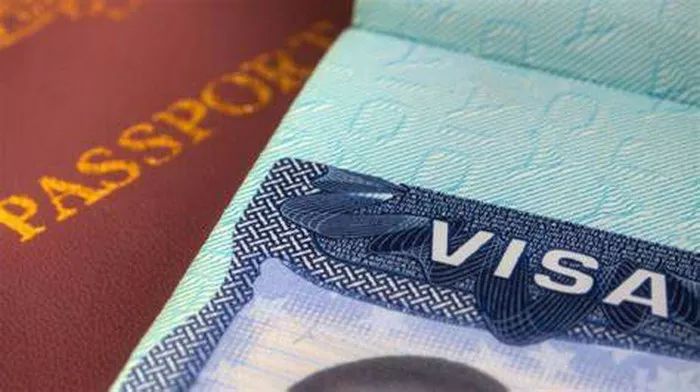Tennessee Republicans have introduced a new immigration bill, drawing inspiration from President Donald Trump’s hard-line immigration policies. The bill, unveiled on January 22, is scheduled for fast-tracking during the special legislative session beginning Monday. The move comes as part of a broader Republican effort to align with the Trump administration’s tougher stance on undocumented immigration.
Key Proposals of the Immigration Bill
The proposed legislation includes several significant measures aimed at enhancing state-level cooperation with federal immigration authorities. One of the key features of the bill is the creation of a Centralized Immigration Enforcement Division within Tennessee’s Department of Safety. This division would work in coordination with the Trump administration’s efforts to crack down on undocumented immigrants.
Additionally, the bill introduces penalties for local leaders who support sanctuary policies—policies designed to protect undocumented immigrants. Though such policies are already illegal in Tennessee, the bill seeks to reinforce the state’s stance by making it a felony for local officials to vote in favor of them.
The legislation also mandates that driver’s licenses issued to noncitizens display visually distinctive markers to easily identify them. This proposal aims to further differentiate legal residents from undocumented immigrants.
Collaboration with Federal Authorities
One of the most contentious aspects of the bill is the provision establishing grants for local law enforcement agencies to collaborate with federal immigration authorities. Under Section 287(g) of the Immigration and Nationality Act, local and state law enforcement officers can assist in certain duties typically performed by Immigration and Customs Enforcement (ICE), including deportation investigations.
The 287(g) program has been controversial, especially in cities like Nashville, where the program was previously in effect from 2007 to 2012. Sheriff Daron Hall ended Nashville’s participation after facing criticism from immigrant advocacy groups who argued that the program disproportionately targeted undocumented immigrants accused of minor infractions, rather than focusing on more serious criminals.
Political Support and Opposition
Support from Governor Bill Lee and Republican Leaders
Governor Bill Lee, in a joint statement with other Republican leaders, expressed strong support for the bill, emphasizing that it aligns with President Trump’s immigration agenda, which includes the deportation of millions of undocumented immigrants. Lt. Gov. Randy McNally (R-Oak Ridge) also voiced his support, stating that the bill would provide a framework for state and local governments to assist in securing the safety and sovereignty of Tennessee and the nation.
Opposition from Immigrant Advocacy Groups
The bill has drawn sharp criticism from immigration advocates in Tennessee. Judith Clerjeune, advocacy director for the Tennessee Immigrant and Refugee Rights Coalition, argued that the bill would only foster fear and suspicion within the state’s immigrant community. She believes the legislation would further isolate undocumented immigrants and make them vulnerable to discrimination and exploitation.
The Broader Context
Tennessee’s approach mirrors the actions of Florida Governor Ron DeSantis, who called for a special session to address similar immigration issues in his state. Like DeSantis, Lee is seeking to advance state-level policies that complement the Trump administration’s push for stricter immigration enforcement.
In addition to the immigration bill, Tennessee lawmakers will also consider Governor Lee’s long-sought school voucher expansion plan and a disaster relief package for areas in East Tennessee affected by Hurricane Helene.
Conclusion
Tennessee’s special legislative session is set to address a range of issues, with immigration policy taking center stage. While the bill has garnered support from Republican lawmakers, it has also sparked concerns from immigrant rights groups, setting the stage for a contentious debate. As the session moves forward, it remains to be seen how these proposed measures will shape the state’s immigration landscape and impact the local immigrant community.
Related topics:
- How to Get Dual Citizenship in Great Britain?
- How to Check Immigration Status Using Your Social Security Number?
- How Long Does It Take to Process 189 Visas?


